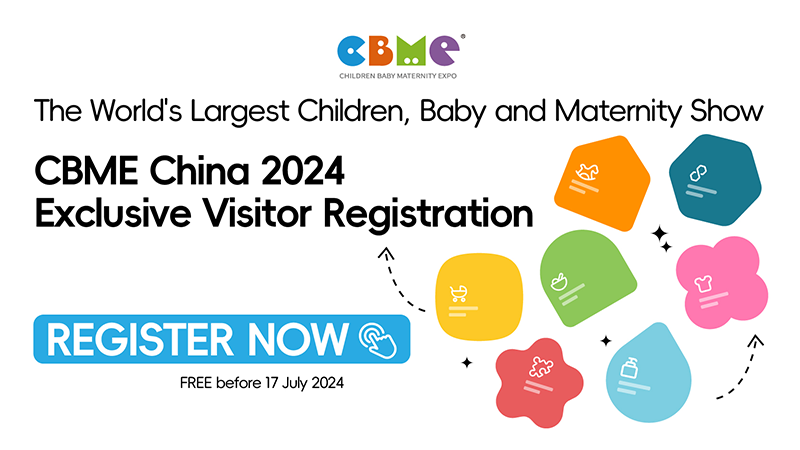SINCE the reality show "Dad! Where Are We Going?" hit Chinese TV screens in 2013, more programs featuring the offspring of celebrities have followed, catapulting these kids to fame overnight.
These children, now stars in their own right, were quickly snapped up by brands and firms to promote their products and activities. While many kids enjoy the opportunities — not to mention the attention — brought about by their new-found fame, many people are concerned by the negative effect the experience could be having on their mental and physical wellbeing.
To remove minors from the limelight and let them enjoy the childhood that they are entitled to, the media regulator this week banned the production and broadcast of reality shows featuring celebrity kids.
The participation of minors in reality shows must be "strictly controlled," the State Administration of Press, Publication, Radio, Film and Television (SAPPRFT) ruled.
Not only will this improve the quality of TV shows, it will, more importantly, allow "kids to just be kids," said Huang Li, who counts entertainment shows among his investment assets.
GROWING PAINS UNDER SPOTLIGHT
In the past, celebrities strived to protect their children from the public eye, but things have changed with the coming of reality shows.
This kind of show may satisfy the audience's curiosity about the lives of celebrities, said Ma Xiaoyan from the school of communication of Shangdong Normal University, but being famous is a double-edged sword for anyone, especially for kids.
Being "put on show" at a very early age can influence the behavior of kids, and while this may result in "TV gold," winning the audience's love or disdain, it is at the expense of the children themselves.
With labels such as "sophisticated, bossy or spoiled" assigned to these children by the public, it begs the question: Is it ethically correct to allow judgment to be passed on these kids while they are growing up and still finding their way in the world?
Child development experts warn that the "grooming" of children to behave a certain way in front of the camera is damaging.
Becoming a child star can be extremely harmful, especially if the pursuit of fame is driven by their parents' desire rather than a conscious decision by the children themselves, child psychologist Hou Lixia said.
HUGE PROFITS BEHIND CAMERAS
Reality TV shows are big business in China. SAPPRFT statistics revealed that in 2015 more than 100 entertainment programs were broadcast on TV channels nationwide, generating over 10 billion yuan (1.55 billion U.S. dollars) in advertising revenue. Many of these shows starred minors.
When "Dad! Where Are We Going?" exploded on to screens, so did investment into the TV sector.
"It was the beginning of a new era in TV characterized by big money," said Wu Wenbo, with the Communication University of China.
According to Wu, top stars could take home paychecks of millions of yuan, just for one show. In some cases, celebrity kids have helped their parents' careers, elevating them from unknowns to A-list stars.
Zhang Liang, a model participating in the first season of "Dad! Where Are We Going?" saw his appearance fee increase ten fold in the two months following his debut on the show.
Keen to get more bang for their buck, TV stations and production companies were quick to make more shows in the ilk of "Dad! Where Are We Going?" They signed celebrities and their offspring and began to churn out shows in this new winning format.
"The sad reality is that as a result many celebrity children are being exploited as commodities," said Ma.
BETTER PROTECTION WITH NEW RULES
In July 2015, SAPPRFT issued a document that limited the participation of minors in reality TV shows.
"In a few reality shows, we have seen the commercialization and adultification of minors — this must be addressed," according to the SAPPRFT July document.
In its latest circular, however, SAPPRFT has decided that enough is enough and issued an outright ban.
In addition, China's revised law on advertisement, which came into effect in September, mandates that minors under the age of 10 cannot be spokespeople advertising for any kind of products.
Child development experts are content that these measures will protect the mental and physical wellbeing of minors. The children of celebrities must be allowed to enjoy their childhood, and it is the society's responsibility to "let kids be kids."
source: shanghaidaily






